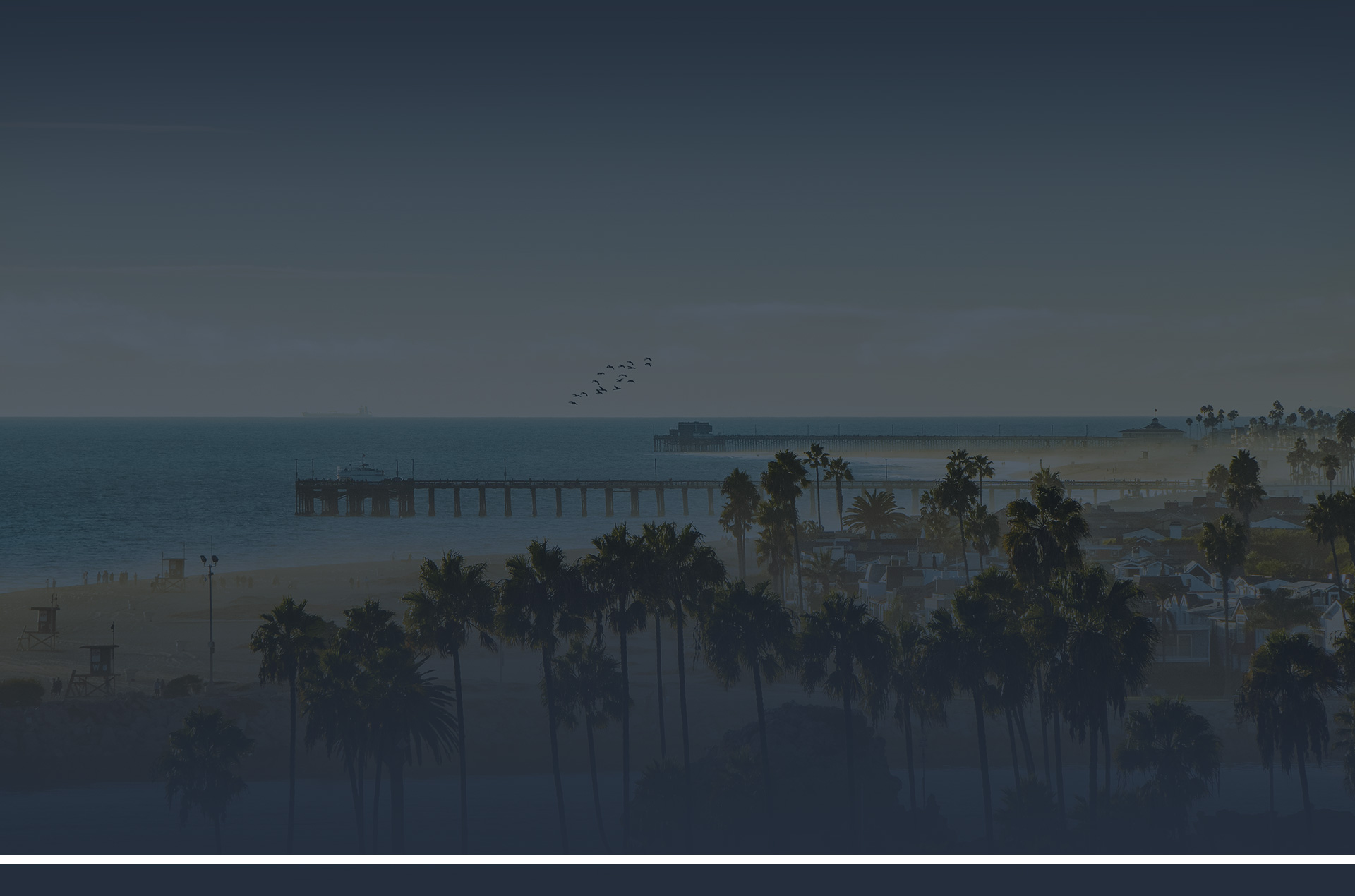A new law that took effect this year allows judges to grant diversion for first-time misdemeanor offenders that previously were barred. Many attorneys and others argue that the language of the new law also includes eligibility for misdemeanor DUI offenders.
This new law, a result of Assembly Bill 3234 by Assemblyman Phil Ting of San Francisco, is now part of the state’s Penal Code. The bill was signed into law by California Gov. Gavin Newsom in September 2020. The law took effect on Jan. 1, 2021.
DUI offenses that cause injury to another person are generally felonies, which do not qualify for diversion under the law.
Two Existing Laws Conflict About DUI Diversion
Unfortunately, the new law conflicts with an existing law in the state’s Vehicle Code that prevents judges from granting diversion in DUI cases. Some courts still rely on the older law that blocks DUI offenders from participating in diversion programs. The new law does specifically prevent those charged with such crimes as sex offenders requiring registration, domestic violence, or stalking (including cyberstalking) from being eligible for diversion.
The disparate interpretation of the new law means someone may or may not be eligible for diversion based only on where the alleged DUI occurred. That inconsistency leads to inherent unfairness in the judicial system.
Even appellate courts have handed down conflicting rulings on whether misdemeanor DUI is eligible for diversion. A bill that specifically excludes misdemeanor DUI was introduced earlier this year but failed on its first committee vote in July. The bill could be reconsidered later. Other bills can more narrowly define how diversion for misdemeanor DUI should be applied. The governor has previously said he would support excluding DUI.
If you face DUI charges in Orange County, call Corrigan Welbourn Stokke, APLC at (949) 251-0330 for a no-cost consultation.
What Is Pretrial Diversion?
Granting pretrial diversion in California is left to the discretion of the courts. Even in cases of basic eligibility, a judge may deny participation based on the specifics of the alleged offense. The accused must be deemed suitable, meaning that they are committed to not reoffending and will likely successfully complete the program.
Participating in a diversion program for DUI usually means that the case is paused while the defendant attends meetings like Alcoholics Anonymous, completes the state’s drunk-driving school, provides victim restitution, and finishes community service hours. If the defendant completes all aspects of the diversion program, the case is dropped. There will be no conviction on their record.
Benefits of Diversion Programs
Diversion programs are seen as offering a second chance for someone to turn their life around. Diversion programs also save taxpayers money. Fewer trials equate to saving the courts thousands of dollars per day. Studies of diversion programs also show that recidivism rates were lower when compared to those who were prosecuted. Graduates who never re-offend will have a clean record when applying for jobs and housing.
Experienced Legal Counsel for DUI Cases
Prosecutors, criminal defense attorneys, and judges have been seeking clarification from higher courts or new legislation to resolve the conflict. The level of confusion among all affected parties will create a groundswell demanding an interpretation that will be applied universally in California.
The resolution may end the possibility of diversion for DUI. If you are facing charges, now is the time to seek an alternative sentence that could keep the DUI off your record.
Speak with one of our experienced lawyers at Corrigan Welbourn Stokke, APLC to evaluate your defense options. We are available around the clock at (949) 251-0330. You also can contact us through our online form. The initial consultation is always free.



